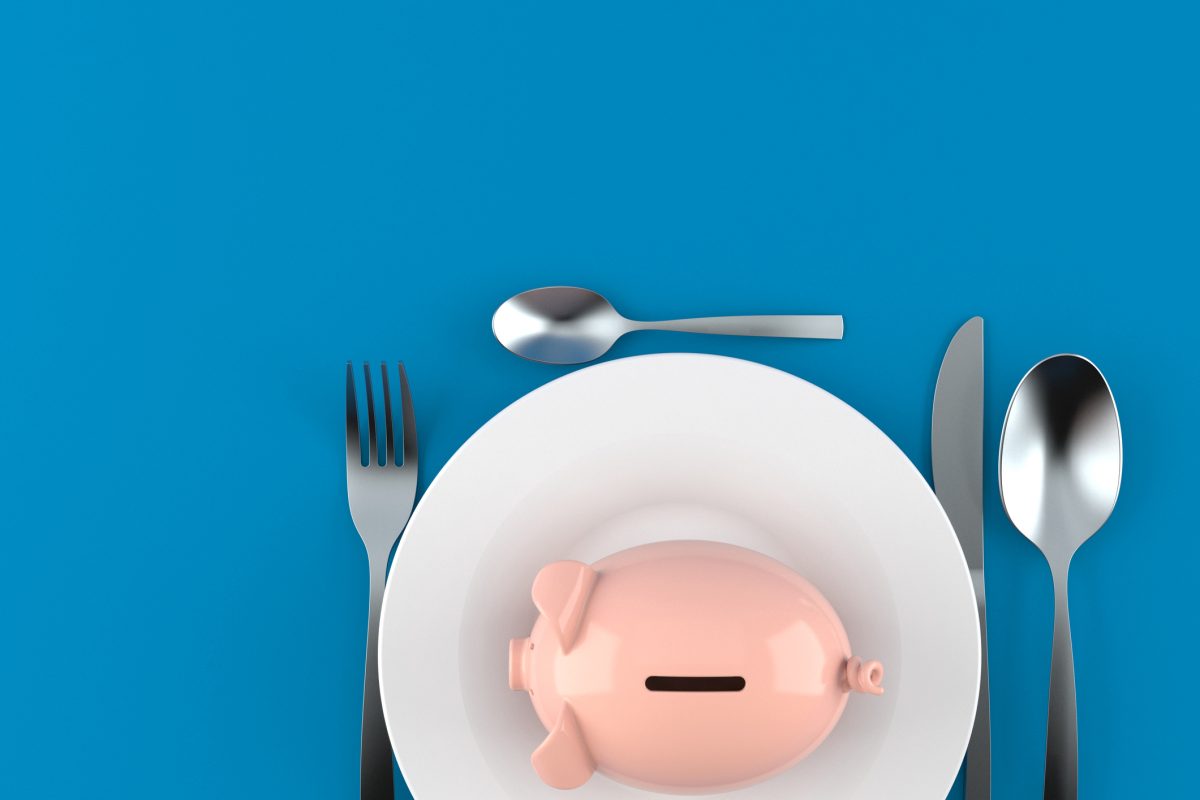It’s no secret that food prices have been on the upswing lately, especially in the meat aisle. And it’s prompted me to do a little research into cheaper ways to get protein.
One source I’ve overlooked that is incredibly cheap is legumes, a category of foods that includes beans, chickpeas and lentils. Dried beans can cost as little as 10 to 20 cents a serving, and canned beans aren’t much more, coming in at about 25 to 40 cents a serving.
The protein content of legumes can range anywhere from 17.9 grams per cup of lentils to 14.5 grams per cup of chickpeas, which is roughly 29 to 36 percent of the recommended daily amount of protein. Not bad for such an inexpensive product!
And that’s not all — legumes have a healthy dose of fiber as well, with a cup of lentils containing 15.5 grams of fiber and a cup of black beans coming in at 15 grams of fiber.
People who eat more legumes have a lower risk of heart disease and type 2 diabetes and a reduced risk of dying from a stroke.
And now it seems that two specific legumes may have even more health benefits in store…
Chickpeas for cholesterol, black beans for inflammation
Researchers at Illinois Institute of Technology in Chicago conducted a study of 72 people with prediabetes to see how they responded to the addition of certain legumes to their diet. One group consumed a cup of chickpeas, one group ate a cup of black beans, and a control group had a cup of white rice every day for 12 weeks.
The study was conducted in free-living conditions to increase its relevance to everyday life. Blood samples were taken at the beginning of the study and the six- and 12-week marks to track cholesterol, inflammation and blood sugar, and glucose tolerance tests were conducted at the beginning and the end of the study.
The results were impressive. At the end of the trial, those on the chickpea diet saw their cholesterol levels drop from an average of 200.4 to 185.8 milligrams per deciliter (mg/dl). While seemingly a small change, it actually brings people into the normal range for cholesterol, which is considered any reading below 200 mg/dl.
And that’s not all. Those eating black beans experienced a drop in their average level of pro-inflammatory cytokine interleukin-6, a marker of inflammation. These levels dropped significantly, from 2.57 to 1.88 picograms per milliliter after 12 weeks.
No significant changes were observed in glucose metabolism markers.
“Individuals with prediabetes often exhibit impaired lipid metabolism and chronic low-grade inflammation, both of which can contribute to the development of conditions like heart disease and type 2 diabetes,” says Morganne Smith, a doctoral candidate at Illinois Institute of Technology and co-author of the study.
“Our study found that bean consumption helped significantly lower cholesterol and reduce inflammation in people with prediabetes, although glucose levels were not changed.”
Incorporating disease-lowering legumes into your diet
Even though this study showed the benefits of eating beans for adults with prediabetes, the researchers emphasized they are an excellent option for anyone focused on preventing heart disease and diabetes.
“Just adding one cup of beans a day can make some big differences,” says Indika Edirisinghe, a nutritionist at Illinois Institute of Technology.
So, how can you add a cup a day of these legumes to your diet?
The researchers say swapping canned, dried or frozen chickpeas or black beans in place of less healthy options is a great way to start. Just be wary of any additional ingredients like salt or sugar — if the beans or chickpeas are canned, you’ll want to rinse away the excess salt before cooking.
“There are a lot of ways to incorporate beans into your regular diet as a cost-effective way to support overall health and reduce the risk of chronic diseases,” Smith says. “You can blend them to add some thickness to a soup base, add them as a salad topping or pair them with other grains like rice or quinoa.”
What about their gastrointestinal impact? I’m sure you’ve heard the poem, “beans, beans, the musical fruit…” The good news is that while some study participants noted gastrointestinal issues, their guts seemed to adapt over the course of the trial.
Sources:
A cup of chickpeas a day lowers cholesterol — ScienceNews
Study finds daily cup of beans boosts heart and metabolic health — EurekAlert!
Effects of Chronic Intake of Black Beans and Chickpeas on Metabolic and Inflammatory Markers in Adults With Pre-diabetes — Current Developments in Nutrition
The Cost of Beans vs. Meat — The Vegetarian Resource Group
Top 10 Beans and Legumes Highest in Protein — My Food Data
Chart of high-fiber foods — Mayo Clinic
Read full article here




